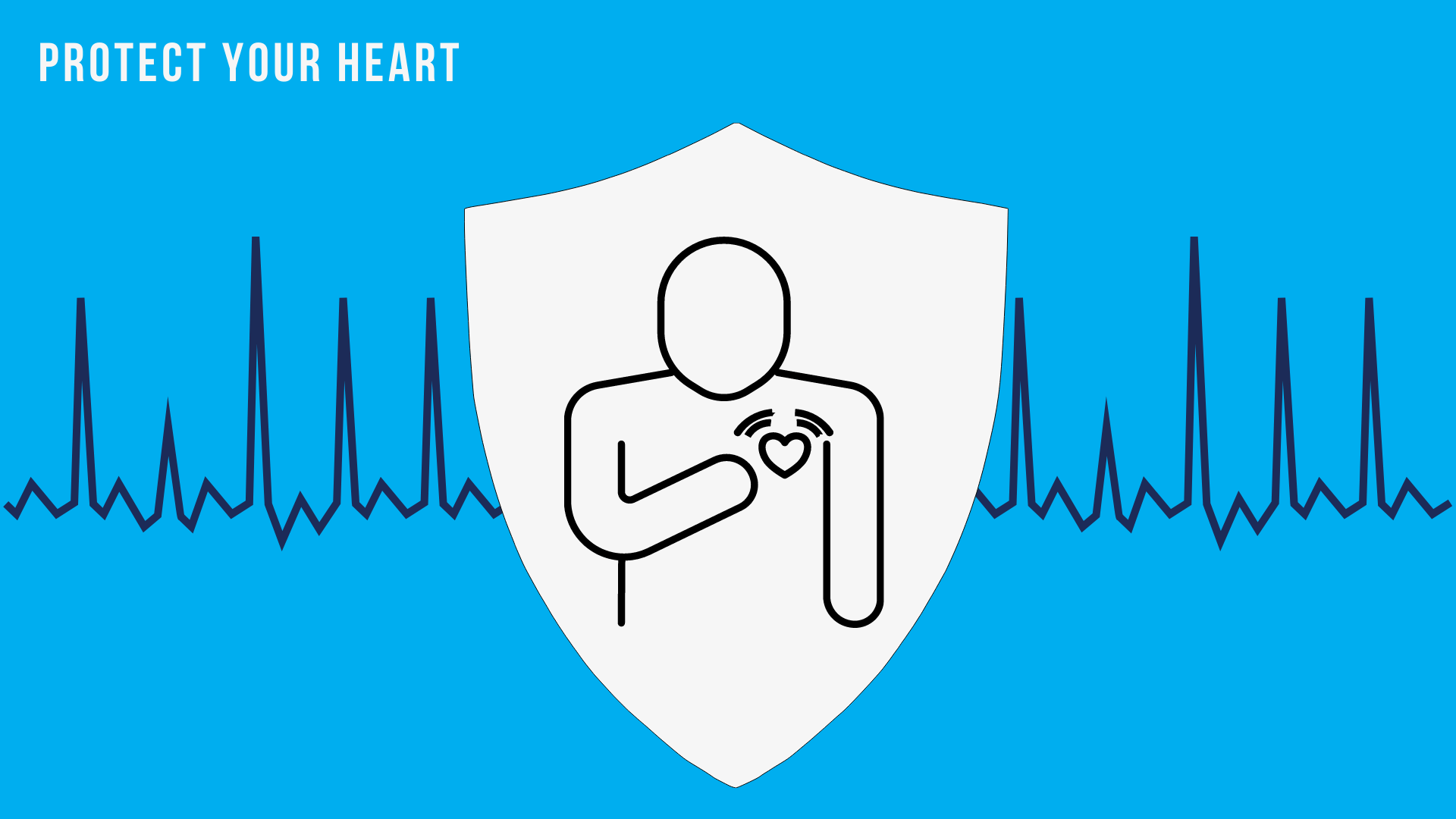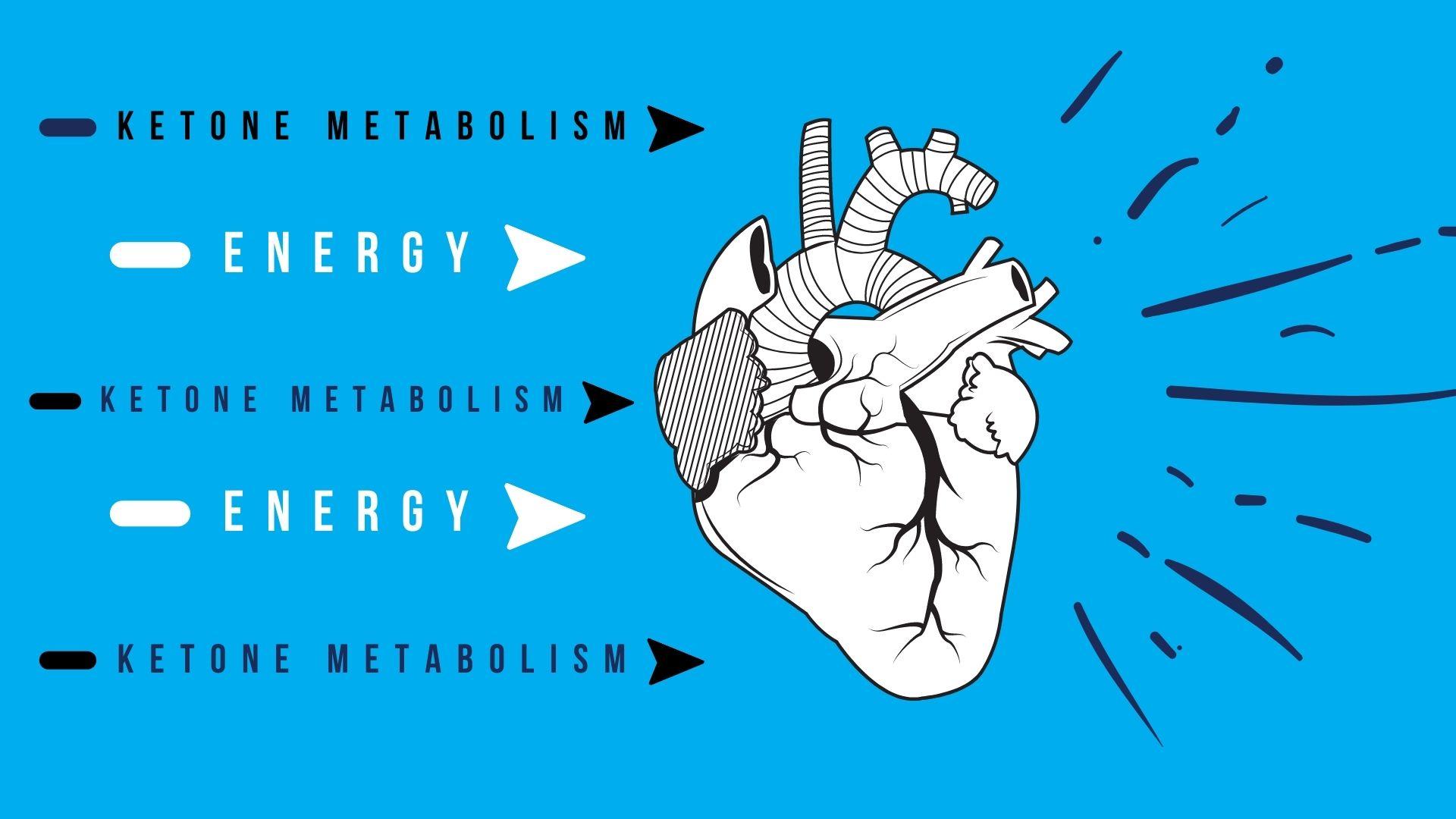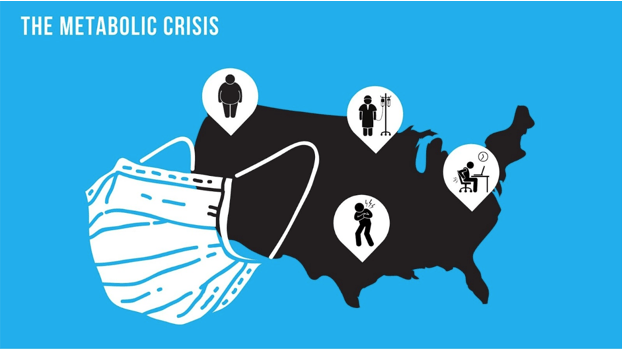Disease Reversal Fitness Healthy Lifestyle Weight Loss
MYTHBUSTING: Ketogenic diet is a fad that will result in health issues and early death.
It seems like all news surrounding various “diets” are either all or none stories. Various named diets are put forth as the “only way” or “best way to achieve your goals” or sure to cause “disease, death and failure.” As with most issues the truth lies somewhere in the middle. Of particular concern are recent articles by traditionally trusted sources and certain celebrity personalities who have perceived credibility in the public eye, who are weighing in on the safety and effectiveness of what is called “the ketogenic diet”. We will explore these issues very closely and I believe you will be able to walk away with enough knowledge to make up your own mind.
I have decided to take this issue on since I have been utilizing the principles surrounding ketosis in my practice for over a decade. I have helped my patients suffering from various serious health conditions, benefit greatly in a measurable and objective way.
I have also utilized these principles with clients who have been looking to improve athletic performance, improve flexibility, focus, concentration and get off of many common medications that influence mood, energy, depression, inflammation, anxiety, cholesterol and blood pressure. I personally have formulated products used by doctors all over the country so that they may treat and support their patients. I have been asked to speak on this subject to various state professional associations around the country. For these reasons I am uniquely qualified to review the current concerns being debated.
What exactly is the “Fad” they are referring to?
This article is written to rebut the conclusions made by the research published in the Lancet that supports the idea that a Ketogenic diet (understanding of how ketosis can be a part of human health and physiology), as well as its application in our daily lives to improve our health and wellbeing, is somehow just a “fad” and is in some way dangerous.
Before I easily discredit those individuals who have cultural authority over our physiology and public policy, I want to make something clear; The fad is not the ketogenic diet, the fad is exactly what we’ve been doing for the past 100 years. We’ve all been blessed enough to wake up every day of our lives to a refrigerator and a pantry full of food – mostly food that is easily converted to glucose for fuel. We are genetically no different than our hunter gatherer ancestors. Our genes evolved to live in their world, not the post-industrial world we live in today. Our ancestors woke up and began to hunt and gather, while we simply open the refrigerator door. They walked (low intensity workout) throughout the day, while most of us sit at work, during our commute, and then when we get home. Perhaps you think the three or four hours per week in the gym is enough to make up for all that sitting. Just watch a few episodes of “Naked and Afraid” to see what a day of the hunter gatherer looks like and the effects after three weeks of low food intake and constant foraging. They all lose significant weight by the end of their journey and are none the worse for wear. This is an extreme example but your genes are fully prepared to thrive in the world of 10,000 years ago, but instead, are overwhelmed by chemically treatment foods, lots of carbs, and sugary drinks.
If there is one conclusion I can make about living 10,000-50,000 years ago, life was probably what we would consider to be harsh. If you were alive during that time in history, (which is roughly 99% of human history) you were either extremely fit and healthy, or you were dead. There was no room for being obese, pre-diabetic and lazy. That’s why we call it “survival of the fittest”. If our ancestors survived childhood and did not suffer an injury that prevented hunting and gathering, they lived a relatively long and healthy life.
Scientists who study longevity often look at genetics and have even labeled some genes, ‘longevity’ genes. A ridiculous concept since evolution does not care about how long we live, but rather that we live long enough to make babies. Longevity genes are no different than the ‘adaptability’ genes needed to survive the harsh environments humans had to endure, such as periods of fasting and extreme weather. When these ‘adaptability’ genes are activated they are remarkably cardio protective, neuro (brain) protective and metabolically protective, making the diseases that are currently killing us less likely, which is why we call them ‘longevity’ genes. Genes are turned on and off based on environmental signals. Ketosis physiology is one of the signals (epigenetic triggers) which activate these adaptability or longevity genes.
We are genetically meant to cycle between glucose based and ketone-based physiology. In today’s world you can go from birth to burial and hardly ever experience ketogenic physiology. No signals to activate the protective ‘longevity’ genes. As long as you have a pantry and refrigerator full of food, eat three meals per day (with two snacks in between), include grains and legumes as part of your daily diet, and subscribe to the myth that ‘breakfast is the most important meal of the day’ – you are doomed to the same results that kind of lifestyle has given us for the past 50 years.
Lancet, JAMA, USA Today, New York Times, Sciencealert.com, etc.
They are all publishing the same material with titles like “This Study on Nearly Half Million People Has Bad News For The Keto Diet”. It’s so easy to point out how all of these publications have repeatedly gotten it wrong about science as it relates to nutrition over the past five decades. Nutritional studies like this one, have been historically misinterpreted (leading one to wonder if it could be intentional misrepresentation by so-called “experts” with an agenda). If you follow the advice of the experts cited by these publications for decades, what you get is exactly what we have – a population of confused, sick, diabetic and obese people whose lifespan is declining because of irresponsible “experts” who enjoy the public’s confidence. The authors of these articles cite people with impressive credentials in the medical field, namely Cardiologists, to make their case. But are they qualified to speak about nutrition?
What do cardiologists know about nutrition?
Dr. Stephen Devries is a Preventive Cardiologist and Associate Professor at Northwestern University Feinberg School of Medicine. Dr. Devries is also executive director of Gaples Institute for Integrative Cardiology where he works to improve the education physicians receive about nutrition and lifestyle. Dr. Devries states that medical physicians in the United States receive “zero education” in clinical knowledge about nutrition (other than very limited information about diseases like pellagra, rickets, beri beri, scurvy etc. due to gross vitamin deficiencies rarely seen in modern industrialized countries like the US).
Dr. Devries himself went through three years of internal medicine residency, and four years of cardiology fellowship training after medical school (that’s 11 years to become a board certified cardiologist) with “zero education” in nutrition. He states that nothing has changed since he was boarded, and this is the way physicians are being educated today.
Dr. Devries and I have researched the criteria and requirements needed for board certification for many medical specialties. This is a matter of public knowledge. You will find that the criteria for training and receiving board certification in various medical specialties such as Cardiology, Internal Medicine, and Pediatrics, have no educational requirements on food and nutrition in clinical practice.
Please take a moment to digest and appreciate the gravity of the previous paragraph.
Every year, 750,000 deaths are attributed to heart disease and vascular-related disorders like stroke. It is no doubt the number one cause of death in the U.S. Obesity and Type II Diabetes have skyrocketed in the past 50 years to astronomical numbers, including children. Both of these conditions are clear and present dangers, emergencies on a global scale, and Internists, Pediatricians and Cardiologists get “zero” education on nutrition and food.
Why do they have such credibility in the public eye?
Most of us were raised to trust our doctors, after all, they went to school to be given the title “cardiologist”, right? And these are the professions and professionals who have written public policy for the last 50 years- albeit based on flawed studies in nutrition.
For more on flawed nutritional studies I will refer you to the author, journalist and researcher, Nina Teicholz who wrote an entire book called, “Big Fat Surprise” on the subject by dissecting and debunking every single major study on nutrition used by policy makers in the US for 100 years. Why are these studies so flawed? Because the studies we are talking about are observational studies, also known as, epidemiological studies.
Observational studies have been very important when investigating public health issues but making the leap from correlation (or association) between a disease and a behavior to causation requires experimentation, which is a different kind of study. Once we have established correlation then we can begin the business of establishing causation with experiments.
The nutritional study cited here by the Lancet lacks valid experimental evidence to support the assertions and recommendations they make. When you simply have observational studies, your hypothesis for causation is very weak.
Why do we do observational studies without experiments?
The benefit of observational studies is the size of the study where you can observe the behavior of thousands of people over long periods of time. The weakness in this case is that those participating are filling out questionnaires, and in the field of diet and nutrition there are simply too many variables (primarily behaviors) that get in the way of the observation. Here is an example from pediatric endocrinologist, Robert Lustig MD in his comical depiction of how silly it is to draw conclusions from observational studies like the one cited by the Lancet:
“15,000 people were observed over 10 years and we have concluded that the more ice cream people eat, the greater the likelihood death by drowning. Therefore, eating ice cream leads to death by drowning.”
This could easily be the conclusion if you did not care to include the fact that people drown while in the water. People are in the water when it’s hot outside. People are more likely to eat ice cream when it’s hot outside. Therefore, the correlation does not imply causation. Simple I know, but think about how many variables are in play when discussing diet and filling out a questionnaire.
Large scale observational studies are and have been important. These studies were a very important part of discovering how smoking was correlated to causing cancer, which led to the experimental evidence needed to establish causation.
What was wrong with the Lancet study?
Nina Teicholz points out the details of the flawed study cited in the Lancet Medical Journal in her Wall Street Journal article. Here are some of her highlights.
“The authors relied on data from the Atherosclerosis Risk in Communities study, or ARIC, which since 1987 has observed 15,000 middle-aged people in four U.S. communities. ARIC may seem like a robust study, but it is based on a thin data set. Researchers’ food questionnaires typically feature between 100 and 200 dietary items, but participants in this study were queried on only 66. Popular foods such as pizza and energy bars were left out, with undercounting of calories the inevitable result. ARIC calculated that participants ate only 1,500 calories a day—starvation rations for most.”
“ARIC participants’ eating habits were tracked only twice, from 1987-89 and 1993-95. After 1995 the study’s participants were assumed to have continued eating the same diet for the next 15 years. During that time the Mediterranean diet craze hit and the junk-food industry exploded, yet ARIC captured none of these effects.”
“Diet questionnaires are inherently unreliable since people tend to under- and overestimate food quantities to make their diets look better. The Lancet authors’ treatment of the data also falls short. They make no mention of adjusting their results for alcohol consumption, for example, which is a critical factor in longevity.”
“It gets worse. The authors threw out any data on carb consumption from subjects who ‘developed heart disease, diabetes, and stroke’ before the second diet visit, ‘to reduce potential confounding.’ They don’t reveal how much evidence was dropped, but this seems like it would be the most relevant portion of any study about the relationship between carb consumption and disease.”
“The Lancet authors, in recommending a “moderate” diet of 50% to 60% carbohydrates, essentially endorse the government’s nutrition guidelines. Because this diet has been promoted by the U.S. government for nearly 40 years, it has been tested rigorously in NIH-funded clinical trials involving more than 50,000 people. The results of those trials show clearly that a diet of “moderate” carbohydrate consumption neither fights disease nor reduces mortality.”
“Given the lack of rigor, it seems the paper’s purpose was not to help people eat better and live longer but rather to quash public interest in low-carb, high-fat diets. Needlessly scaring people away from diets with established health benefits could endanger the public.”
Thank you Nina Teicholz for your tireless efforts to shine a light on how we are being duped by those we are supposed to trust with our health and wellbeing. Do these “experts” have your best interests at heart?
Please take the time to learn what it takes to live a health life and remember doctors go to school for treating trauma, crisis and disease. Assuming they are experts in nutrition and health is hopeful, at best. If I have a failed heart valve that needs to be replaced, I want the best cardiologist who has spent their time on surgical technique to save my life, but I do not expect them to be nutritional experts and tell me what to eat for breakfast.
You are responsible for your own health. You need to know what your requirements are for the genetic expression of health. We can mimic the environmental triggers our ancestors had for our adaptability genes to turn on without going back in time and living 10,000 years ago through Ketosis, but not necessarily by just ingesting the latest Keto powder available at your favorite health store.
Please share this article with anyone you feel may want to know more, leave comments or ask questions. Thank you.








